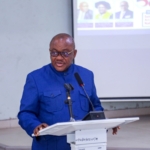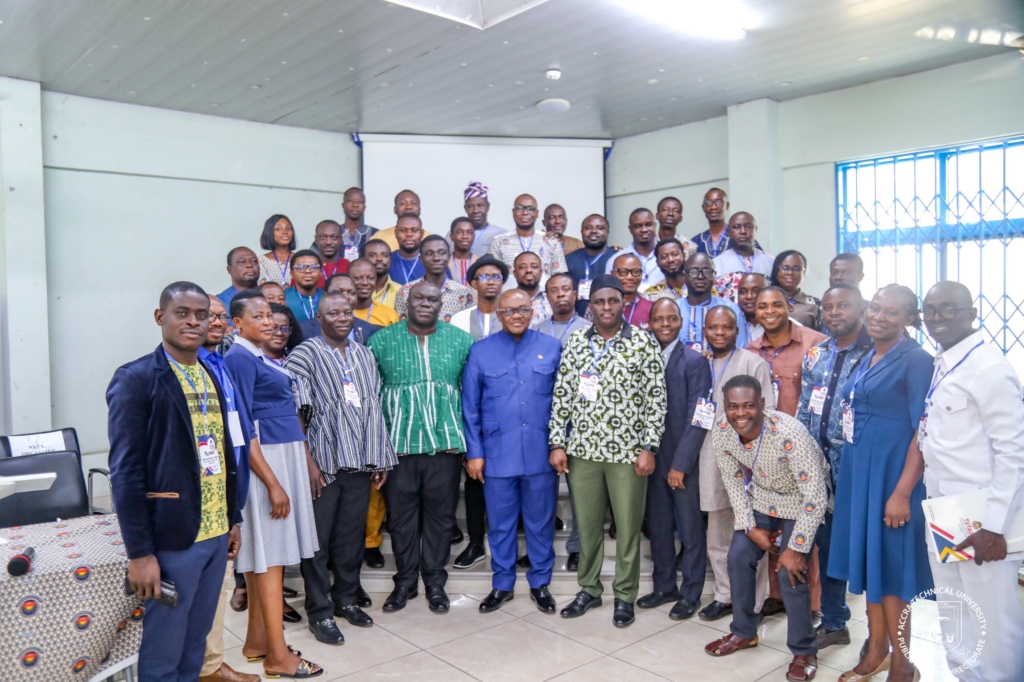
The Chief Executive of the Fair Wages and Salaries Commission (FWSC), Dr George Smith-Graham, has proposed a change in the negotiation cycle for conditions of service in the public sector.
Speaking in Accra on Wednesday, August 27, 2025, at the 50th Technical University Teachers’ Association of Ghana (TUTAG) Delegates’ Congress, Dr Smith-Graham suggested that negotiations should be held every three years instead of the current two-year cycle.
He explained that the proposal aims to ease the management of public sector conditions of service while giving government more fiscal space for planning and stability.
“Shifting the cycle to every three years will allow government to plan and budget effectively for the implementation of agreed conditions of service,” he said, stressing the need to balance workers’ welfare with fiscal sustainability.
Commitment to technical education
The congress, which attracted delegates from all technical universities across the country, was held on the theme: “Sustainable Skills for a Sustainable Future: Aligning Technical Education with National and Global Development Goals.”
Dr Smith-Graham highlighted the importance of technical education in building a resilient and sustainable Ghana. He called for stronger alignment between technical education, market needs, and compensation policies, pointing out that industry-academic partnerships could help co-finance allowances, research grants, and professional development programmes.
He also raised concerns over skills mismatches and graduate unemployment, urging closer collaboration between industry and academia to bridge the gap.

Re-examining technical education
In a speech read on his behalf, the Minister of Education, Haruna Iddrisu, stressed the need to re-examine current technical education programmes to ensure they meet market and societal needs.
He pointed to the potential of technology to drive innovation in areas such as agriculture, safety, and waste management. The Minister also underscored the importance of research and digital literacy in advancing national development and called on universities to promote a culture of innovation.
Despite Ghana’s challenges, he expressed optimism that with collective effort and expertise, the country can achieve significant progress in technological development.
Call to action
The National President of TUTAG, Prof Uriah Stonewell Tetteh, urged unity and collaboration among academic unions to address the challenges confronting technical education.
He stressed that technical universities must adapt to evolving labour market demands and technological changes to remain relevant. Prof Tetteh described the congress as a call to action and encouraged delegates to work together towards building a globally competitive and sustainable technical education system.
He expressed gratitude to the acting vice-chancellor and management of the host university and urged delegates to support efforts to improve the institution.